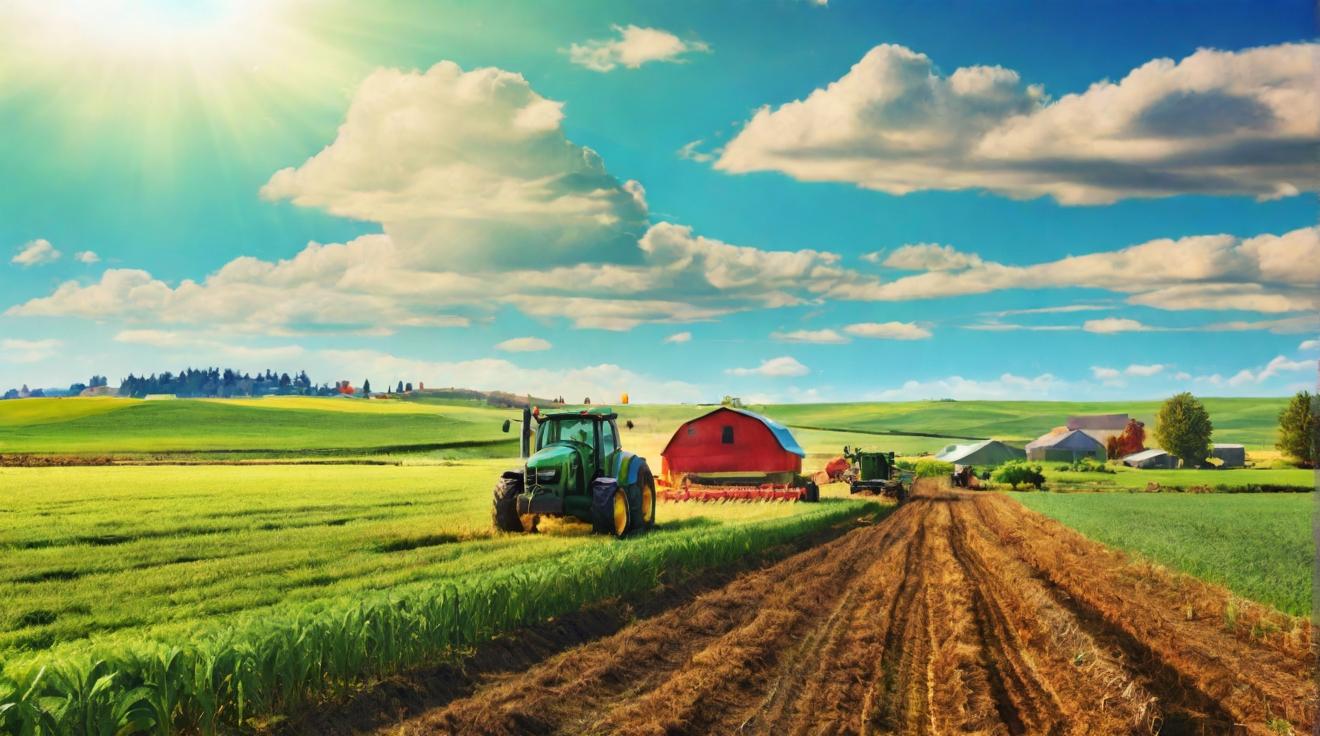Farmers Turn to AI for Enhanced Agricultural Decisions
In the realm of agriculture, artificial intelligence (AI) is revolutionizing how farmers make crucial management decisions. Platforms like ChatGPT are bringing cutting-edge technology straight to the hands of those who feed the nation, offering an array of advantages that were once unattainable. However, experts suggest that when it comes to pivotal factors influencing these decisions, more traditional and reliable sources should not be overlooked.
Take the weather, for instance. It's a pivotal element in farming that affects everything from planting dates to pest management and even marketing plans. The complexity of weather patterns and their impact on agriculture necessitate a nuanced approach that AI, despite its advancements, cannot wholly address.
Illinois State Climatologist Trent Ford emphasizes the importance of this balance. While acknowledging the efficiency gains AI and tools like ChatGPT have brought to analyzing climate data, he cautions that it's not as straightforward as asking an AI when the best planting time is. “AI is helping scientists become more efficient in analyzing climate data,” Ford stated, "but the intricacies of agricultural planning require more than just data points."
The message here is clear: technology like artificial intelligence can offer valuable insights and efficiency improvements in the agricultural sector, but it should complement rather than replace the nuanced understanding that comes from traditional sources and expert analysis. As AI continues to evolve, its role in agriculture is undeniable, but so is the value of human expertise and reliable data sources like state climatologists. The challenge for farmers then becomes how to seamlessly integrate these tools into their decision-making processes, ensuring that they are making the most informed choices for their crops and livelihoods.
It's evident that as we move forward, the agricultural industry must navigate the fine line between embracing technological advancements and maintaining a grounded approach to farm management. The synergy between artificial intelligence and human intelligence is crucial, underscoring the need for ongoing dialogue between tech developers, climatologists, and the farming community to harness the full potential of AI in agriculture without losing sight of the invaluable insights provided by traditional analysis and expertise.
Analyst comment
This news can be evaluated as positive. The use of AI in agriculture brings valuable insights and efficiency improvements. However, experts emphasize that traditional sources and human expertise should complement AI. The market will continue to embrace the potential of AI in agriculture, but farmers need to integrate these tools while maintaining a grounded approach to farm management. Ongoing dialogue between tech developers, climatologists, and the farming community is crucial for harnessing the full potential of AI while valuing traditional analysis and expertise.













